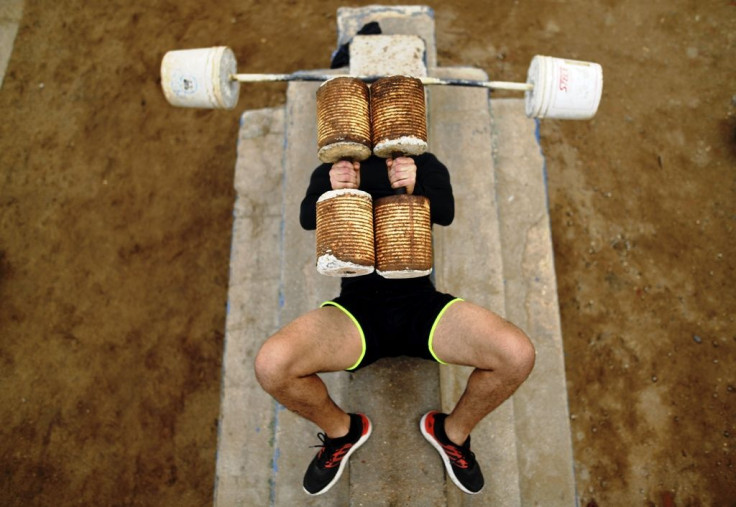Do People With More Muscle Require More Protein?

It is commonly believed that people with more muscle are required to take in more protein. But, a new study by University of Sterling, Scotland, shows otherwise. According to the findings of the study, heavier people do not need more protein after a workout, however, those who have intense resistance workout need more protein.
For the study, researchers recruited 86 people. Of these, participants who weighed below 143 pounds were put in lower lean body mass group and those weighing 154 pounds or above were categorized as the higher lean body mass.
“In our study, participants completed a bout of whole-body resistance exercise, where earlier studies - on which protein recommendations are based - examined the response to leg-only exercise. This difference suggests the amount of muscle worked in a single session has a bigger impact on the amount of protein needed afterwards, than the amount of muscle in the body,” Kevin Tipton, professor of sport, health and exercise science in the Faculty of Health Sciences and Sport, said in a statement released Monday.
Respondents in both the groups had to undergo two trials in which they were given protein after resistance exercise. In the first trial, the participants consumed 20 grams (0.70 ounce) of whey protein and in the second, they had 40 grams (1.41 ounce) of whey protein after exercise.
Researchers found that the amount of protein required to boost muscle growth response differed on the intensity of the exercises participants did. The study showed that consumption of 40 grams of protein after whole body routine was more effective at stimulating muscle growth than 20 grams. This was observed irrespective of the size of the participants.
“Until now the consensus among leading sports nutritionists, including the American College of Sports Medicine and the British Nutrition Foundation, is that weightlifters do not need more than around 25 grams of protein after exercise to maximally stimulate the muscle’s ability to grow,” Tipton said.
“In order for nutritionists to recommend the correct amount of protein we first need to consider specific demands of the workout, regardless of athletes’ size. This throws commonly held recommendations into question and suggests the amount of protein our muscles need after exercise may be dependent on the type of workout performed. These results are limited to younger, trained men so we may see different results with other groups, such as older individuals or females digesting different amounts of protein,” Tipton added.
The study was published in peer-reviewed Physiological Reports



























